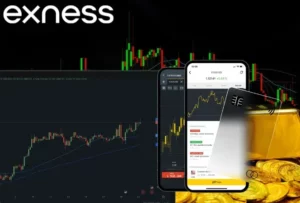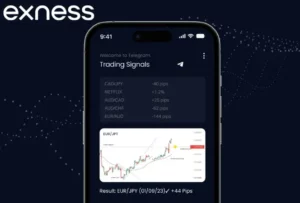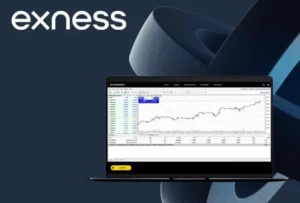Choosing the right broker is crucial for any trader, and Nigerian traders are no exception. Two popular brokers in the global market are XM and Exness. Both platforms offer a range of features, account types, and support for multiple financial instruments, but they have key differences that could impact your trading experience. In this article, we will compare XM and Exness, looking at their features, fees, platforms, and other factors, to help you decide which one is better for your trading needs.
Overview of XM
XM is a well-known global broker that offers forex and CFD trading. Founded in 2009, XM is regulated by several reputable authorities like CySEC, ASIC, and FCA, which adds a layer of trust for traders. XM provides a user-friendly platform and a range of educational tools for beginners, making it a great option for new traders.
- Trading Instruments: XM offers a wide range of instruments, including forex, commodities, indices, stocks, and cryptocurrencies.
- Regulation: XM is regulated by CySEC (Cyprus), ASIC (Australia), and FCA (UK), ensuring a high level of trustworthiness and compliance with international financial standards.
- Key Features: XM offers various account types like Micro, Standard, and XM Zero accounts. It also provides an extensive range of educational materials, including webinars, tutorials, and market analysis.
Overview of Exness
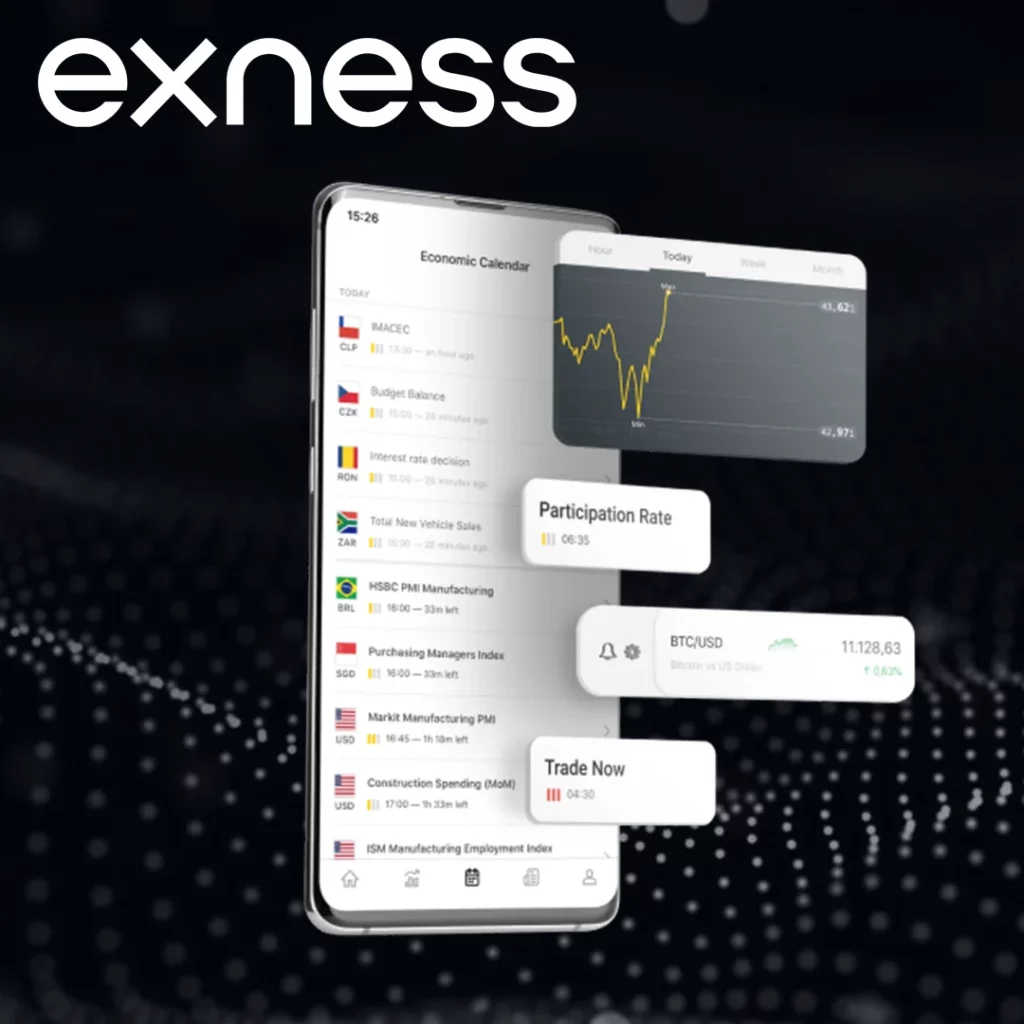
Exness is another major player in the forex and multi-asset trading space. Founded in 2008, Exness is known for offering competitive spreads, low-cost trading, and a wide range of trading instruments. It is regulated in several global jurisdictions, including FCA (UK), CySEC (Cyprus), and FSCA (South Africa).
- Trading Instruments: Exness offers a broad selection of trading instruments, including forex, commodities, cryptocurrencies, indices, and stocks.
- Regulation: Exness is licensed by FCA, CySEC, and FSCA, making it a highly regulated and secure platform for traders worldwide.
- Key Features: Exness offers accounts such as Standard, Pro, and ECN accounts. It is well-regarded for its low spreads, excellent customer service, and diverse trading tools.
Key Differences Between XM and Exness
1. Trading Instruments
- XM: Offers a diverse range of instruments, including forex, commodities, indices, and cryptocurrencies. However, it may have a limited number of trading options in certain asset classes like CFDs compared to Exness.
- Exness: Offers a wider range of trading instruments, including forex, commodities, cryptocurrencies, stocks, and indices. Exness provides access to CFDs, which can be highly beneficial for traders who want to trade with leverage in various markets.
2. Account Types
- XM: Offers account types like Micro, Standard, and XM Zero, catering to both beginners and experienced traders. XM’s Micro Account allows for smaller trade sizes, making it accessible to newer traders.
- Exness: Offers a variety of accounts, including Standard, Pro, and ECN accounts, providing more flexibility for traders who need different levels of access and leverage.
3. Platforms
- XM: Offers MetaTrader 4 (MT4) and MetaTrader 5 (MT5) platforms, both of which are widely used by forex traders. These platforms are available on desktop, mobile, and web, and offer solid charting and analysis tools.
- Exness: Also offers MT4 and MT5 platforms, along with its own Exness Web Terminal. The Exness Web Terminal provides a convenient browser-based platform for those who prefer not to download software.
Fees, Spreads, and Commissions
XM Fees
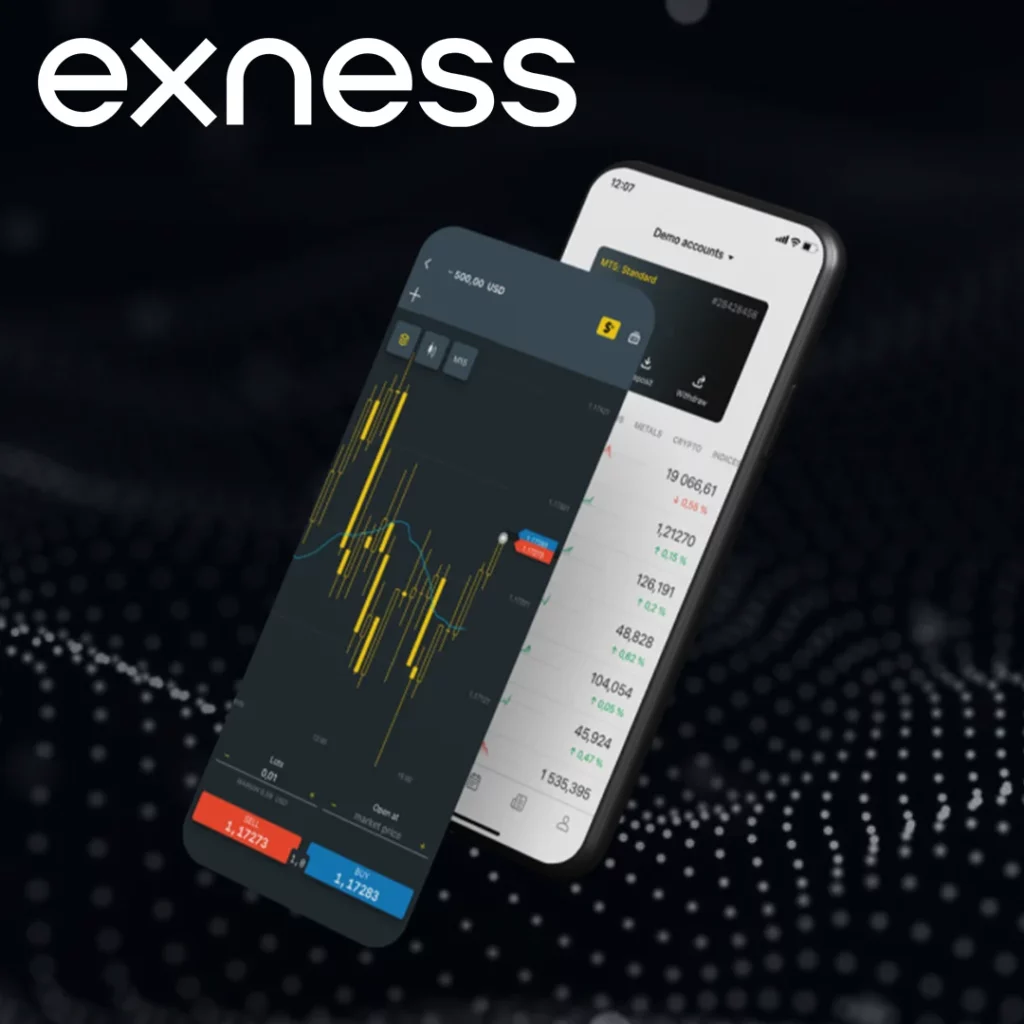
- Spreads: XM’s spreads are competitive, starting at 1 pip for Standard accounts, but they can be higher on some instruments. The XM Zero account offers tighter spreads starting at 0 pips, but with a commission fee.
- Commissions: XM charges commissions on its Zero Account. For the Micro and Standard accounts, there are no commission charges, but the spreads tend to be higher.
- Deposits/Withdrawals: XM supports various deposit and withdrawal options, including bank transfers, credit/debit cards, and e-wallets. Withdrawal fees may apply depending on the method.
Exness Fees
- Spreads: Exness offers very tight spreads, particularly on ECN accounts, where spreads can be as low as 0.0 pips. For Standard accounts, spreads start at 0.3 pips.
- Commissions: Exness charges low commissions, particularly on its ECN accounts. Other accounts typically do not have commissions but may have wider spreads.
- Deposits/Withdrawals: Exness supports a wide variety of payment methods, including local Nigerian payment gateways, bank transfers, and e-wallets. Exness offers free deposits, but withdrawal fees may apply depending on the method.
Payment Methods and Local Support in Nigeria
XM Payment Methods
- XM supports a wide range of payment methods, including bank transfers, e-wallets (such as Skrill and Neteller), and credit/debit cards. Unfortunately, XM does not support direct payments in NGN (Nigerian Naira), but traders can still deposit and withdraw via e-wallets and international payment methods.
Exness Payment Methods
- Exness supports local payment gateways for Nigerian traders, including bank transfers, e-wallets, and credit/debit cards. Exness is also well-known for offering support for NGN deposits and withdrawals, making it more accessible for Nigerian traders.
Regulation and Security
XM Regulation
- XM is regulated by several authorities, including CySEC, ASIC, and FCA. This ensures that XM adheres to high standards of customer protection, security, and financial compliance.
Exness Regulation
- Exness is also well-regulated by reputable bodies like the FCA and CySEC. Exness is known for offering strong security measures such as two-factor authentication (2FA), ensuring that traders’ funds and data are well protected.
Customer Support and Education
XM Customer Support
- XM offers 24/5 customer support through live chat, email, and phone. They also provide multilingual support, which is helpful for Nigerian traders. XM offers excellent educational materials, including webinars, market analysis, and trading guides.
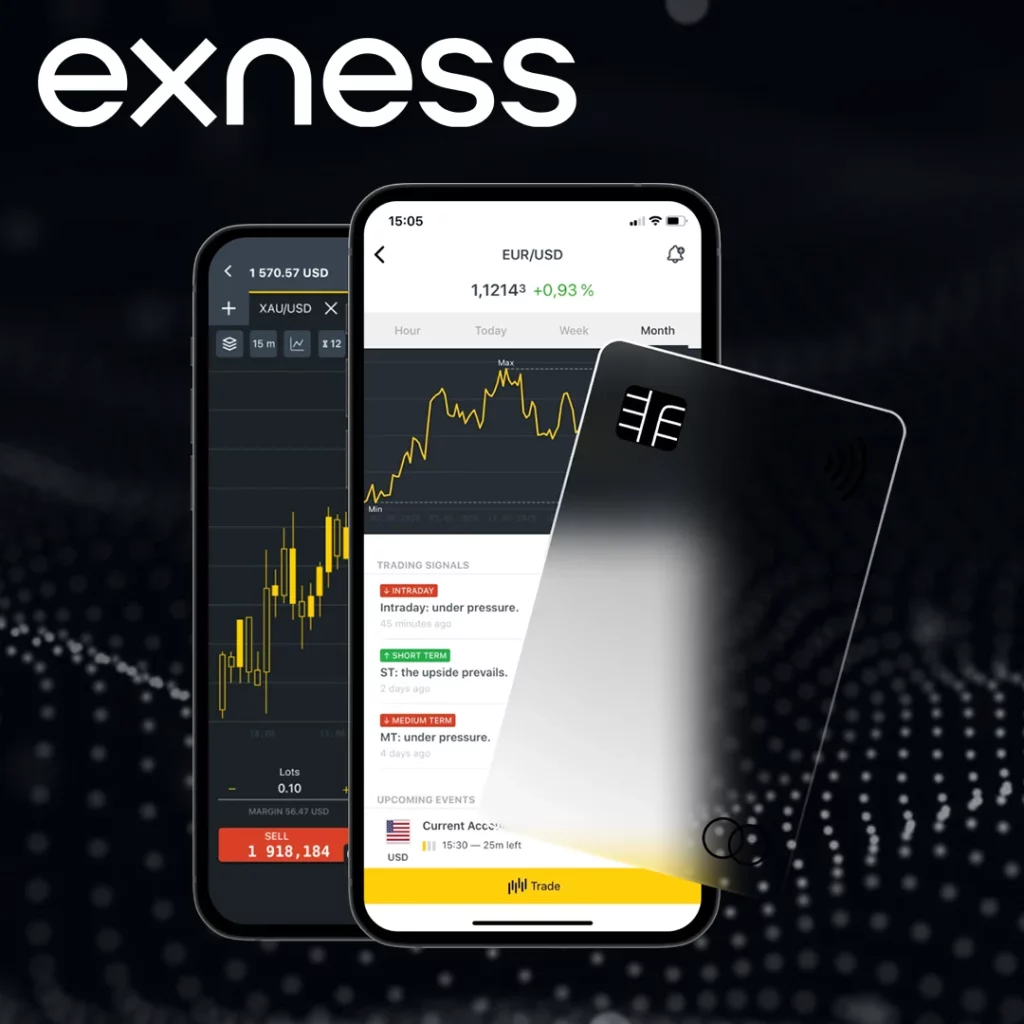
Exness Customer Support
- Exness offers 24/7 customer support through live chat, email, and phone. The company is highly praised for its responsive customer service. Exness also offers a variety of educational resources, including webinars, articles, and video tutorials.
Which Platform is Better for Nigerian Traders?
The choice between XM and Exness depends on your specific trading needs:
- XM is a great option for traders who are looking for a beginner-friendly platform with access to forex and CFDs, along with strong educational resources. If you’re just starting out or need a broker that provides additional support, XM might be the better choice.
- Exness, on the other hand, is ideal for traders who need low-cost trading, tight spreads, and access to a wide range of market instruments. Exness is also known for offering local payment options in NGN, making it more accessible for Nigerian traders who prefer using local currencies for deposits and withdrawals.
Conclusion
Both XM and Exness are reputable brokers offering solid platforms for Nigerian traders. XM is better for beginners seeking education and a variety of account types with lower deposit requirements. Exness, however, excels in offering advanced trading features, low spreads, and access to more markets. Consider your trading style, market preference, and ease of fund deposits when choosing between the two.

Trade with a trusted broker Exness
See for yourself why Exness is the broker of choice for over 800,000 traders and 64,000 partners.

